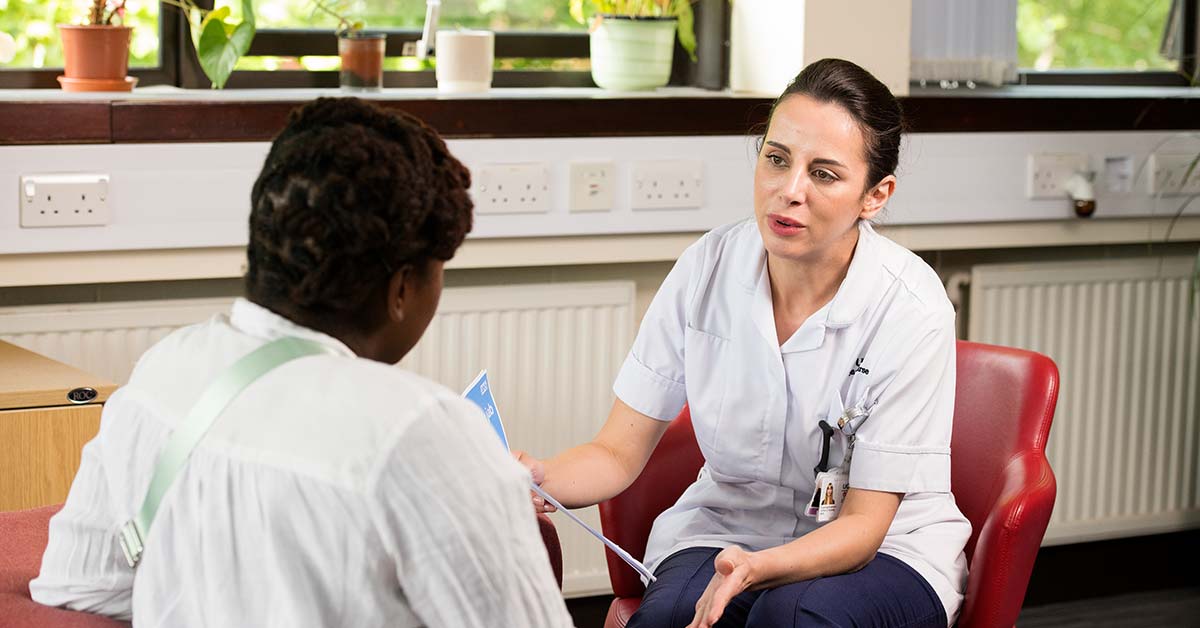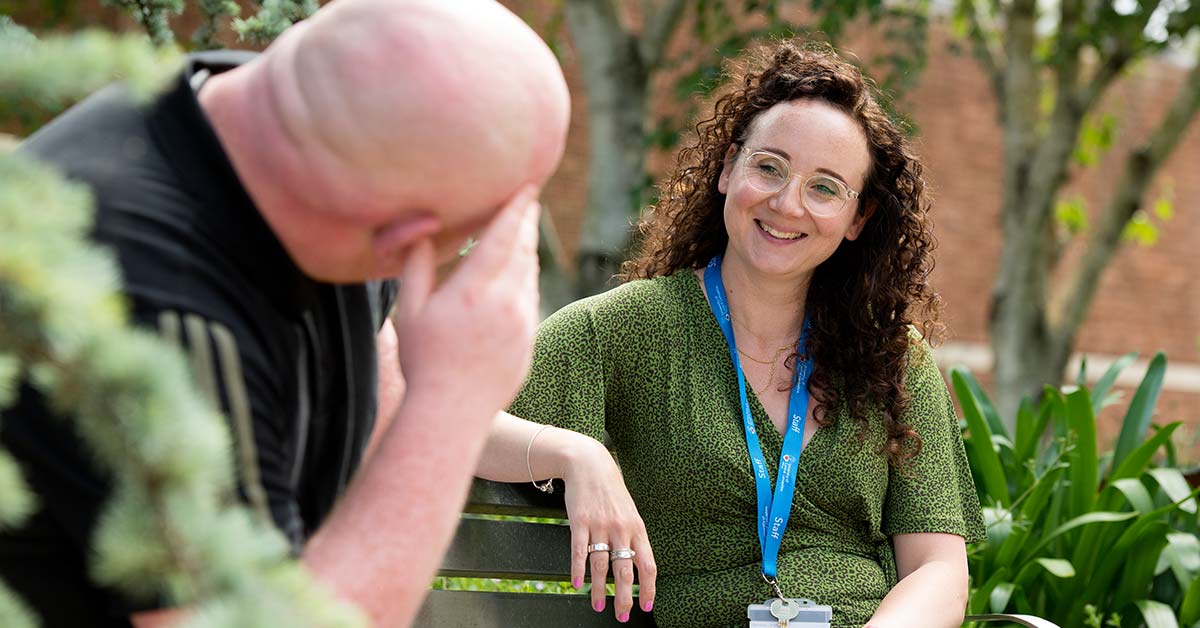
What does a Public Health Consultant do?
Whether you’re considering a Public Health Consultant career or are simply curious as to the responsibilities of this role on the nation’s health, this blog post explains everything you need to know about the job.
Definition of a Health Consultant
Before going any further, it’s important to clarify the difference between a Health Consultant and a Public Health Consultant. While both terms involve providing consultation in the field of health, there are some differences between the two roles to be aware of.
The difference between a Health Consultant and a Public Health Consultant
A Health Consultant’s role typically provides expertise and guidance on various health-related matters to individuals, organisations or businesses. These topics are often far-reaching, including personal health and wellness, nutrition, fitness, mental health, and lifestyle choices of employees.
Similarly, Public Health Consultants provide consultation on health matters, but more broadly and on a larger scale. Their primary aim, often working with governmental agencies and nonprofit organisations (NPOs), is to protect the health of entire populations or communities.
Their remit would cover health issues such as epidemiology and disease prevention, as well as health promotion and policy. This post explores the role of Public Health Consultants in more detail.
Public Health Consultant: What does the role entail?
Focusing on health at a population level, promoting health in communities and environments, reducing poor health and tackling health inequalities are the four main pillars of Public Health Consultancy, with an ultimate aim of protecting the health of entire populations or communities.
Key responsibilities of a Public Health Consultant
Taking the above into account, the key responsibilities of a Public Health Consultant include:
Assessing health needs and priorities
Assessing healthcare needs and priorities is a critical step for Public Health Consultants in order for them to develop effective strategies to address health challenges of populations.
This sort of work would be conducted via data collection and analysis, community interaction and engagement, determining root causes, planning and quantifying impact.
Developing health programmes and strategies
Public Health Consultants aim to address specific health issues, promote preventive measures and improve the overall wellbeing of populations. To do this, they use an evidence-based approach, supported by on-going scientific research and data.
They typically review existing literature, research studies and best practices to ensure that the strategies selected are more likely to be effective. Public Health Consultants ensure that strategies resonate with the specific community and always consider its cultural preferences and sensitivities.
Policy and advocacy
Public Health Consultants assess existing healthcare policies to identify gaps, inconsistencies and areas for improvement, using their expertise. They analyse how policies impact public health outcomes and propose evidence-based modifications.
They also are often involved in the ideas behind public awareness campaigns, with an aim of educating the public and policymakers about the importance of specific health issues. This often utilises case studies or success stories from past data. With the help of marketing and PR teams, well-designed, impactful campaigns can generate public support for policy and impact habitual changes.
Health communication and education
With a goal of promoting health literacy, empowering individuals to make informed decisions and encouraging positive behaviour changes, communication of the facts about health and the imparting of knowledge in an accessible way is crucial.
Part of this role involves a deep understanding of their target audience, including their characteristics, needs, cultural background, language preferences and existing health literacy levels. This assessment is so important as it determines the educational content, communication and in turn, its ability to be accessible and impact communities.
Public Health Consultant jobs
Public Health Consultant jobs are extremely fulfilling. A career in public health consultancy requires a combination of skills, knowledge and personality traits, including analytical and communication skills, cultural competence and interdisciplinary collaboration.
To be successful, you’ll also have to be a problem-solving team player with ethical integrity. Ethical considerations are central to public health work, as decisions impact the wellbeing of entire communities.
How much does a Public Health Consultant make?
Along with many non-financial benefits such as truly making a difference to society, the remuneration for Public Heath Consultancy is enticing.
According to the NHS, as a Public Health specialist working at consultant level in the NHS (after an initial five years of speciality training), your salary will be between £84,559 and £114,003. During your five years of Public Heath Consultancy speciality training, you can expect to earn a salary of at least £39,467.
How to become a Public Health Consultant
To apply for speciality training in the NHS, you will need a first degree at 2.1 or above, a master's or PhD, or a medical degree or equivalent medical qualification.
If a career in this sector sounds like something you’d like to explore, you could start your journey with an MSc in Applied Public Health.
This programme’s aim is to help you effectively take on the often nuanced and complex challenges connected to the health of any population – such as the environment, housing, media and education.
This two-year course is part-time and fully online, meaning you can fit your studies around your other commitments to strike the perfect work-life balance, whilst commencing your journey to success in this sector.
Related posts
See all
A guide to public health issues
From obesity to air pollution, read our guide to public health issues, including how they’re dealt...
Read the story
What is public health policy and why is it important?
Get a definition of public health policy and discover the important role it plays in addressing...
Read the story